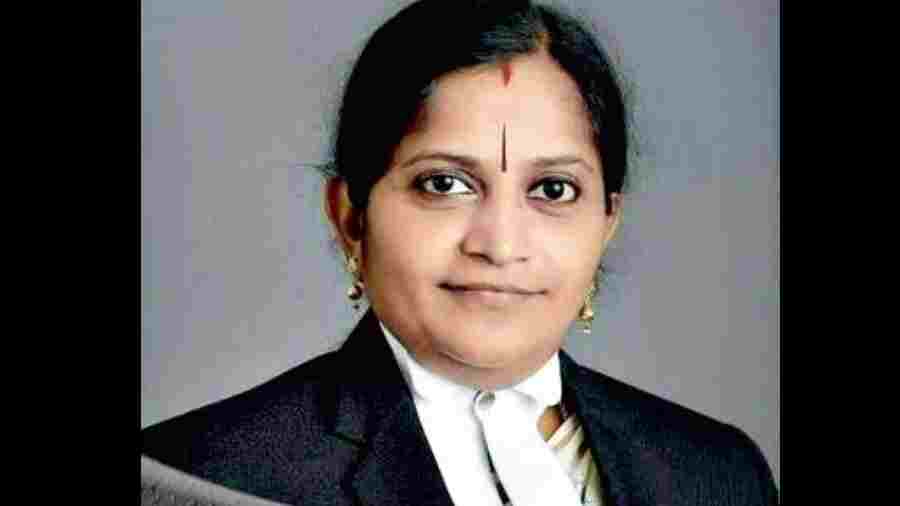Transparency could help avoid confusions. It is not clear whether there was a lack of transparency at some level that led to the drama around the appointment of L. Victoria Gowri as additional judge of the Madras High Court. Ms Gowri was the general-secretary of the Bharatiya Janata Party Mahila Morcha and is alleged to have made hate speeches against minority communities. Her selection by the collegium raised certain questions: did the collegium not know this, or were such allegations irrelevant? According to the reported response of the Chief Justice of India when Ms Gowri’s appointment was challenged by two petitions where she was presented as anti-Constitution and therefore unfit to be a judge, the allegations came to the collegium after the recommendation had been made. But why did the Centre, which lingers unlovingly over every name the collegium sends, display such exemplary speed in approving Ms Gowri’s? It was extraordinary that Ms Gowri was sworn in as additional judge in the Madras High Court even as a Supreme Court bench was hearing the petitions objecting to her appointment.
The clash here was disturbing. The petitions, however, were dismissed by the bench reportedly because the collegium cannot be presumed not to have had all the relevant information. Since this was precisely the opposite of the CJI’s reported comment, it exposed an incongruity. The rapidity of the Centre’s approval exacerbated this perception on the practical side. On the structural side, the collegium, unlike those in the United States of America or South Africa, does not publish the names being considered for judgeship; had it done so, it could have acquired all relevant information before recommendation. Then the administrative side of the Supreme Court would not have to become subject to potential scrutiny from the judicial side, a situation made stranger by the fact that the CJI heads both. The special bench stated that it would be unprecedented if the court were to advise the collegium to reconsider its recommendation. Only if an additional judge proved unfit in their two-year tenure would the collegium take notice. Checks and balances in every process are meant to make the judicial system independent. But the present ones have not proved adequate to eliminate confusion and embarrassment. The lessons from Ms Gowri’s case should not go to waste.











